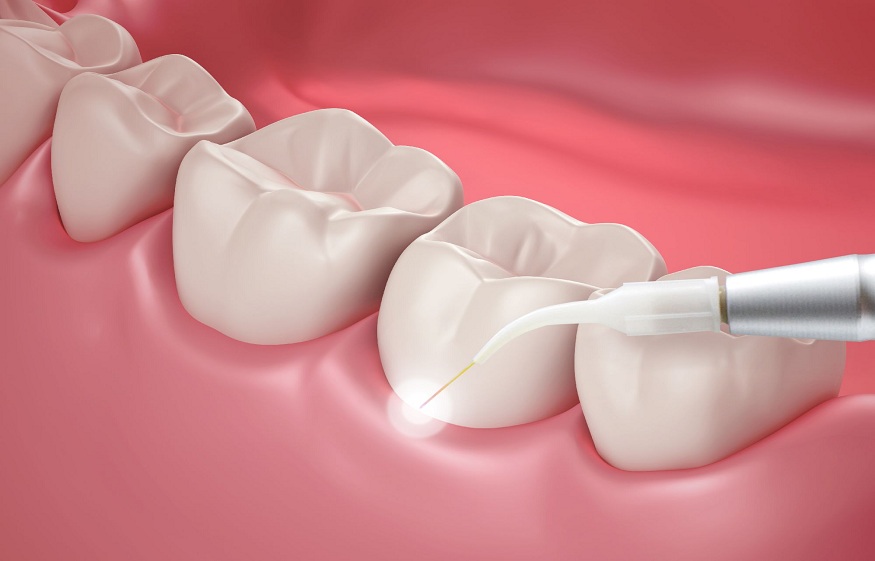Poor oral hygiene and lack of routine dental care are some factors that cause gum disease. Swollen, irritated, or bleeding gums require immediate expert intervention to prevent your condition from worsening. Gum disease doesn’t only affect your oral health; if left untreated, it can give birth to more complex issues like cardiovascular disease. However, despite the severity of your symptoms, Humble periodontal treatment can stabilize your condition and ensure you have a healthy smile in the long run.
Although gum disease varies with type and severity, it can be easily treated when detected early. Therefore, visiting your dentist when you notice changes in your gum health will significantly help prevent worsening symptoms. Besides safeguarding your oral health, periodontal treatments reap tremendous results for your overall wellness. Keep reading to understand the reasons why you should get periodontal treatments.
1. A clean, healthy smile
Gum disease causes pain and results in your gums looking red and inflamed. Again, sharing your smile when your gums appear red or inflamed is challenging. However, periodontal treatments address your condition from the root cause and help restore your gum line to normal. Furthermore, the treatment focus on removing tartar or plaque buildup that causes gum disease, thus leaving you with a cleaner and healthier smile.
2. Long-lasting pain relief
Infected gums are swollen, tender, and vulnerable to bleeding, even with a slight impact. Also, performing simple tasks like brushing, flossing, and eating becomes difficult when you have infected gums. Gum disease causes pain and makes your teeth susceptible to other dental conditions. Periodontal treatments reduce pain and other uncomfortable symptoms within a few days of treatment.
3. Gets rid of the bad breath
Gum disease often results in the buildup of bacteria in your mouth, which emits gases with a foul smell. Also, when your gums are infected with bacteria, it leads to inflammation which results in bad breath. When you have a smelly mouth, you cannot interact freely, impacting your quality of life. Nonetheless, periodontal treatments promote the regeneration of healthy gum tissues, thus eliminating the foul smell. After your treatment, you will enjoy a naturally fresh breath.
4. Prevents future complications
Although people take gum disease as a light condition, the truth is that it can result in severe life-altering consequences in the future. Symptoms of gum disease are benign at first, but they advance over time. However, periodontal treatments function as preventive care as the treatment bars debilitating conditions like tooth loss, jawbone recession, abscesses, and cavities from occurring. Treating such dental diseases is overwhelming and painful; thus, prevention through periodontal treatment is a great deal.
5. Improves your overall health
Gum disease has a special linkage with your overall health. Gum disease aggravates inflammation which can affect your overall body. Moreover, individuals with gum disease are at a higher risk of suffering heart attacks, diabetes, respiratory disease, and stroke. However, focusing on periodontal treatments minimizes your risk of such conditions and safeguards your overall health.
Since everyone is at risk of gum disease, seeking early dental evaluation and treatment can prevent more complex gum conditions. Furthermore, investing in your routine dental exams helps your dentist to catch early signs of gum disease and recommend effective treatments. Don’t underestimate the consequences gum disease can impact on your overall well-being. Instead, focus on better oral hygiene and constantly engage your dentist for periodontal treatments.



